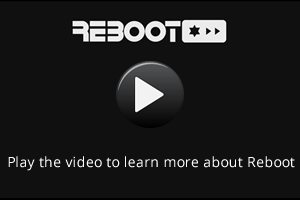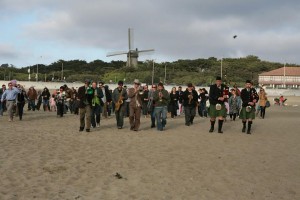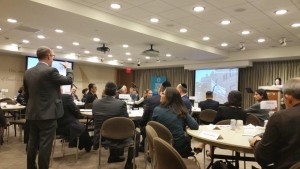 UJA-Federation of New York knows that Jewish day schools play a vital role in fostering a knowledgeable and engaged Jewish community, and inspiring the next generation of leaders. At the same time, the cost of a day school education presents a challenge to many families. To alleviate this burden, while helping to ensure that schools have the ability to run academically excellent programs, UJA-Federation of New York launched the Day School Challenge Fund. This initiative aims to
UJA-Federation of New York knows that Jewish day schools play a vital role in fostering a knowledgeable and engaged Jewish community, and inspiring the next generation of leaders. At the same time, the cost of a day school education presents a challenge to many families. To alleviate this burden, while helping to ensure that schools have the ability to run academically excellent programs, UJA-Federation of New York launched the Day School Challenge Fund. This initiative aims to
jump start the development of endowments—and change communal norms around endowment giving—for day schools in the New York metropolitan area.
The Day School Challenge Fund utilizes a proven development strategy designed to make excellent Jewish learning more affordable and accessible to families. Different than a contribution to be used immediately, endowments help schools achieve financial stability, increased affordability, and educational excellence for years to come. Endowment funds raised by schools are matched by commitments from foundations and individual donors.
This is a groundbreaking initiative for families with children in Yeshivas and day schools. It will help secure the future of our children’s education for generations to come. I cannot think of anything more vital to Jewish continuity.
– Rabbi Yaakov Bender, Dean, Yeshiva Darchei Torah
Now, the 20 current participating schools—representing the diverse spectrum of Jewish day schools in terms of denomination, size, and location—are in the planning stage of their campaigns. The inaugural Day School Challenge Fund conference in early February, which heads of schools, development directors, and board lay leaders attended, inspired, motivated, and educated the schools’ leadership to go out and successfully raise endowment funds. At the conference, school leaders further developed relationships with each other, learned about different endowment development practices, and strengthened their ability to make the case for endowment giving. Other schools are considering joining the initiative as well.
At Schechter Westchester, we are in the midst of very exciting innovations in such areas as computer science, engineering, the arts, and experiential Jewish education. Year-to-year financial pressures and enrollment fluctuations make it difficult, however, for a tuition-driven school to invest adequately in such program development. A substantial endowment will provide the long-term stability and certainty that are required to achieve the peerless program that we seek to develop and keep it accessible to as many families as possible—and the extraordinary generosity of UJA-Federation and its funding partners, through the Day School Challenge Fund, has provided the stimulus that our school community needs to dedicate ourselves fully to this effort.
– Michael A. Kay, Head of School, Solomon Schechter School of Westchester
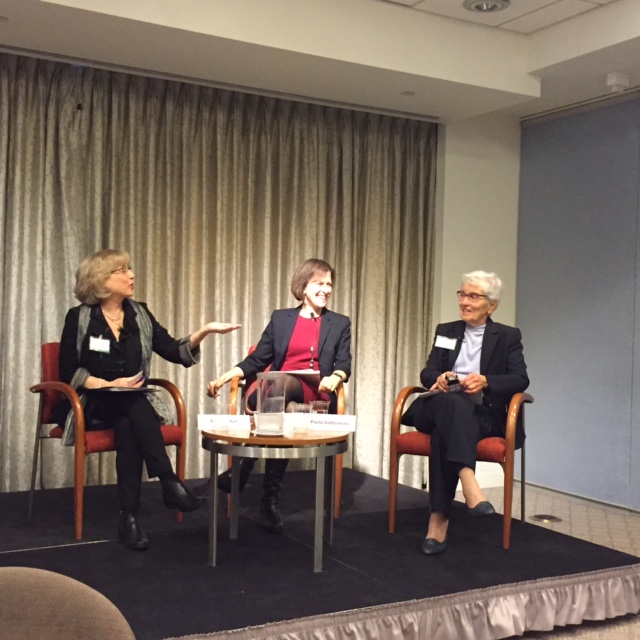
From left to right: Sara Nathan, Chair of UJA-Federation’s Commission on Jewish Identity and Renewal; Alisa Doctoroff, President of UJA-Federation and Jim Joseph Foundation Board Member; and Paula Gottesman, President, Paula and Jerry Gottesman Family Supporting Foundation, and Chair, Greater MetroWest Day School Advisory Council
The Day School Challenge Fund is an unparalleled opportunity for schools to incentivize past, present, and prospective donors to make meaningful endowment gifts. Throughout the initiative, the schools will continue to receive support through UJA-Federation’s comprehensive training program that includes webinars, conferences, and individualized strategic consulting sessions for each participating school.
The Jim Joseph Foundation is one of eight funders that have contributed to UJA Federation of New York for the Day School Challenge Fund, totaling $51 million in matching funds that will be part of a total endowment of nearly $150 million.


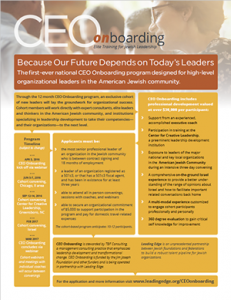
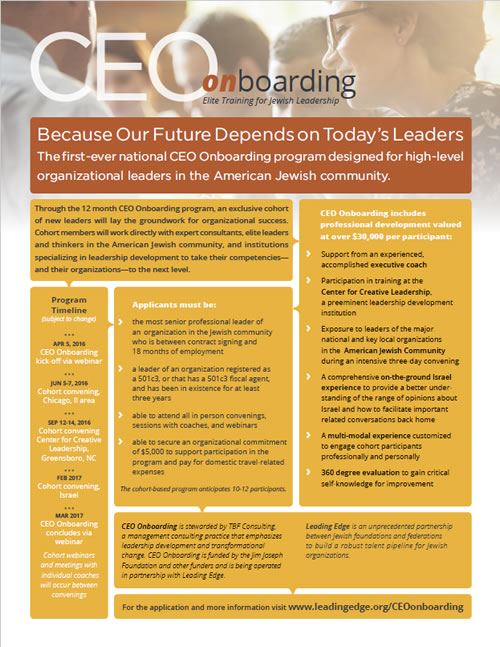
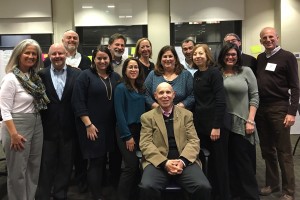
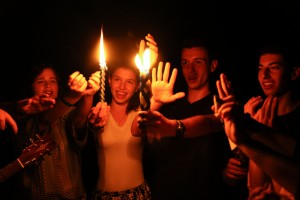
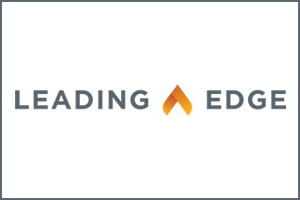
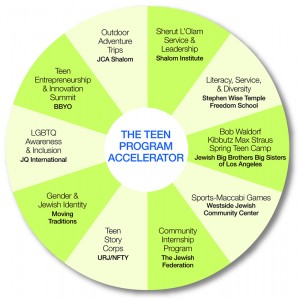
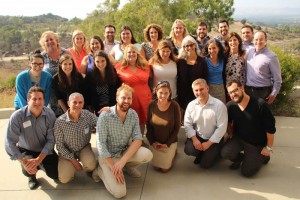
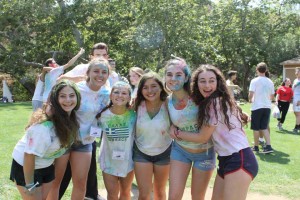
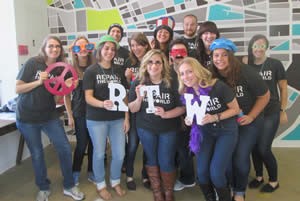 Only one organization is devoted exclusively to engaging young Jewish adults as volunteers, and to infusing their volunteer service with Jewish learning and values:
Only one organization is devoted exclusively to engaging young Jewish adults as volunteers, and to infusing their volunteer service with Jewish learning and values: 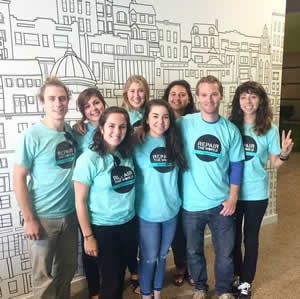 The Jewish High Holidays are a time for reflection, community gathering, and setting the tone for the coming year. For Repair the World, it’s only the beginning of more big things to come. With year-round opportunities like Repair the World Communities—in Pittsburgh, Detroit, Baltimore, Philadelphia, and now New York—Alternative Spring Breaks, and hundreds of other public programs, Repair is the destination for meaningful Jewish service learning.
The Jewish High Holidays are a time for reflection, community gathering, and setting the tone for the coming year. For Repair the World, it’s only the beginning of more big things to come. With year-round opportunities like Repair the World Communities—in Pittsburgh, Detroit, Baltimore, Philadelphia, and now New York—Alternative Spring Breaks, and hundreds of other public programs, Repair is the destination for meaningful Jewish service learning.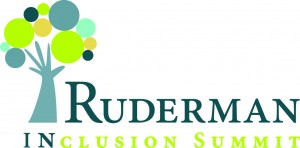 , 2015 at the Seaport World Trade Center.
, 2015 at the Seaport World Trade Center.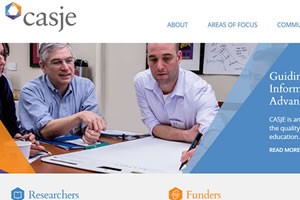
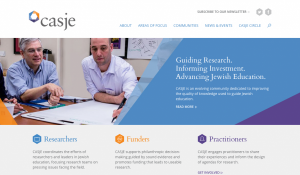 Welsome to the new CASJE website,
Welsome to the new CASJE website, 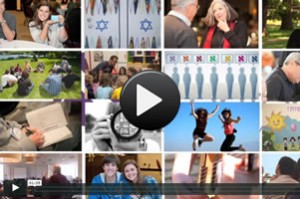
 iCenter opportunities and initiatives continue to grow and expand. Its “Conflict Toolkit” is a sophisticated and nuanced approach to learning, discussing, and understanding Israel in conflict. The
iCenter opportunities and initiatives continue to grow and expand. Its “Conflict Toolkit” is a sophisticated and nuanced approach to learning, discussing, and understanding Israel in conflict. The 